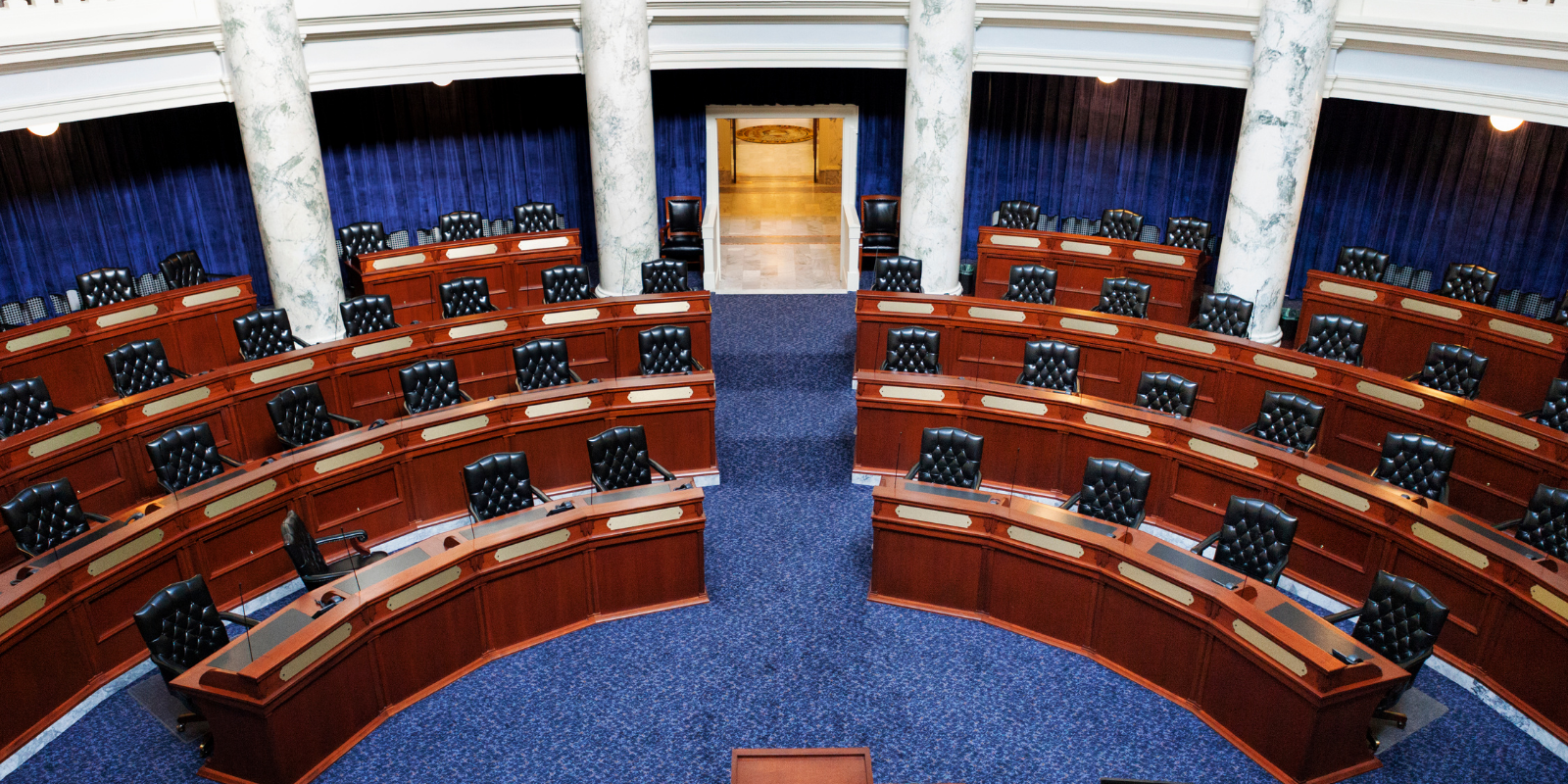A particularly alarming sign of these unprecedented legislative attacks on immigrants can be found in House Bills 83 and 135, two pieces of legislation that became law this year.
HB 83 would have allowed local law enforcement to act as immigration enforcers, giving them the authority to investigate and detain individuals suspected of being in the country illegally. This isn’t about law enforcement doing their job; it’s about enabling a culture of fear and suspicion where every interaction with local police could turn into a deportation risk. It erodes the trust that immigrant communities need to feel safe, especially when interacting with law enforcement, and decreases public safety by discouraging crime reporting by victims. This type of policy encourages racial profiling and unjust treatment, all under the guise of “public safety.”
Mere hours after the Governor signed HB 83, the ACLU of Idaho successfully sued to block the law from being enforced, arguing the new law is clearly unconstitutional. On April 29, a federal judge granted a preliminary injunction in our case, blocking enforcement of HB 83’s entry and reentry crimes statewide until the litigation is resolved.
Then there’s HB 135, which limits access to public assistance by those who cannot prove their citizenship or other lawful status. While we do not know the actual impacts this bill will have, it may bar some immigrants from accessing basic services, including immunizations, prenatal and postnatal care, short-term shelters, and food assistance for their children, as well as other necessities critical to their survival and well-being. It’s an attempt to force vulnerable communities into even deeper isolation by cutting off their access to resources they need to live and thrive.
These bills are dangerous for a number of reasons. First, they serve to further criminalize immigrants, painting them as “illegal” and unworthy of basic rights and protections. Second, they stand out for their attacks on undocumented individuals—potentially cutting off their access to critical resources like health care and public assistance.
There is also glaring hypocrisy at play. While lawmakers claim to protect certain vulnerable groups—such as children—they refuse to extend the same consideration to immigrants, including immigrant children. This selective protection exposes the inconsistency in their reasoning and highlights a deep moral flaw in the approach: some people’s lives and needs are deemed more important than others, simply based on where they were born or their immigration status.
Perhaps most concerning of all, Idaho lawmakers are normalizing the idea that immigrant communities are less than and that they are taking advantage of our state, even though we know they are essential to Idaho and our communities.
